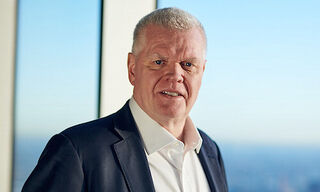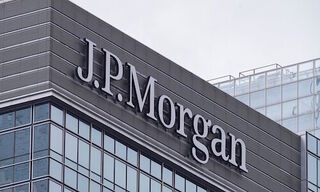The Swiss bank is quietly extending the duration of required amends for housing securities it sold in the run-up to the financial crisis, raising the original settlement costs substantially.
Pricier, longer, more uncertain is the upshot of Credit Suisse’s review of a 15-year-old scandal over securities linked to U.S. sub-prime mortgages. Until Thursday, the Zurich-based bank was five months away from laying the issue, which dates back to 2005, to rest.
Now, the Swiss bank is extending the duration of the landmark deal to at least 2026 and that it now may buy up some of the loans or modify them, following a second-quarter reassessment, according to its financial report.
«Unlawful Conduct»
Nearly five years ago, Credit Suisse agreed to pay out $2.8 billion in relief to consumers for «unlawful conduct» in the run-up to the 2008/09 financial crisis. The bank's staff had memorably referred to some loans they securitized as «complete crap» and «[u]tter complete garbage.»
Prosecutors cited a 2007 email from a senior Credit Suisse trader saying «we have almost $2.5B of conduit garbage to still distribute.» The consumer relief agreed in the settlement was part of an overall $5.28-billion sanction by the Department of Justice.
Extra $140 Million
Effectively, the rethink may also imply a huge bet on a U.S. housing market continuing to surge, as well as five percent more in consumer relief measures for every year the process drags on beyond the initial 2021 finish line. This may prolong the scandal beyond two decades – and translates to an extra $140 million for every year of any extension.
The bank padded its legal reserves with an undisclosed sum in the quarter and flagged undisclosed additional costs. It also indicated that it is still haggling with a U.S.-appointed external compliance monitor, Neil Barofsky, over what it has so far paid in relief to consumers.
Capital Tight
«A lower acceptance rate on such completed activity [consumer relief] may result in a higher volume of principal activity under the planned revised approach,» the bank said. Credit Suisse didn't comment on what prompted the rethink; Barofsky, who is based in New York, wasn't immediately available to comment.
It likely partly has to do with its capital growing far more precious following two-car crashes – Archegos and Greensill – which both surfaced publicly in March and hit its sturdiness. The two issues required a $1.9 billion capital infusion from anchor shareholders in April. Credit Suisse locked down risk-taking following the blow-ups.



























